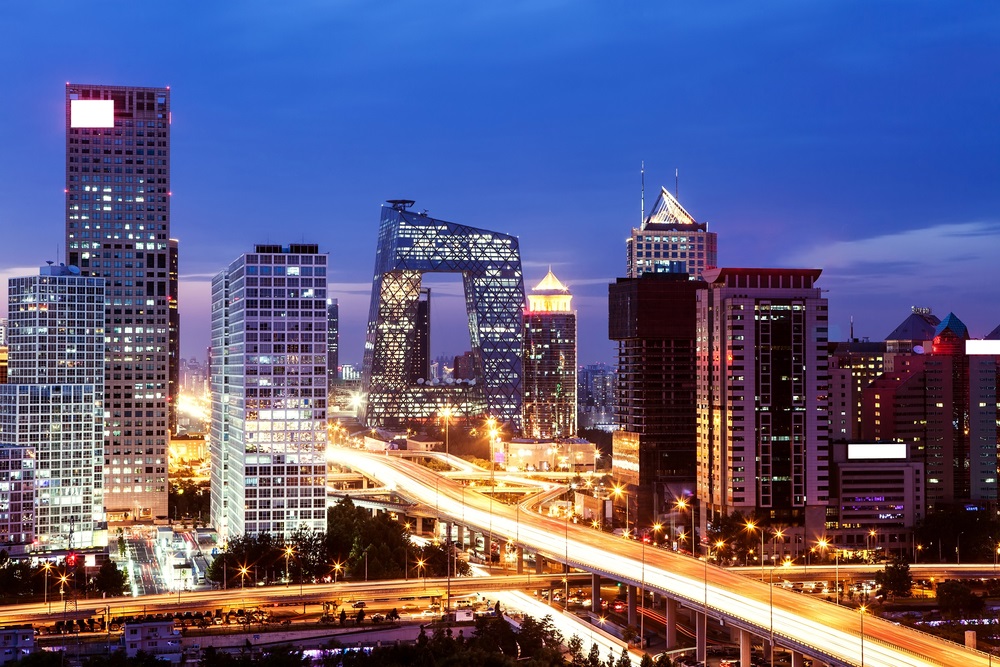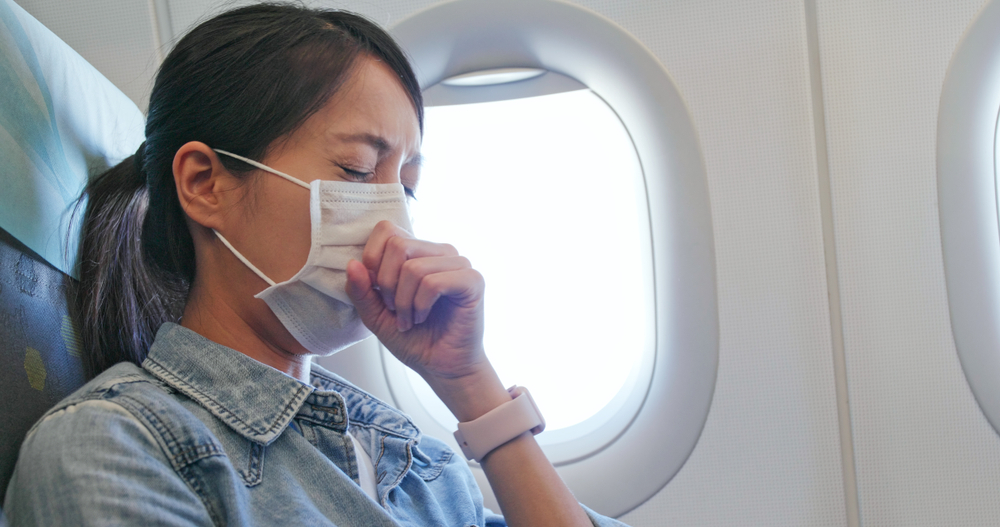News of a new virus called coronavirus that has spread from the Chinese city of Wuhan has taken the world by storm. People with travel plans to Asia in the coming days and weeks are wondering if there is a coronavirus travel ban and whether they should cancel their trip. Travelers who are already in the midst of a trip are wondering about coronavirus travel warnings and what they can do to stay safe. And those who have recently returned from travel in China and Asia want to know what symptoms to look out for. Here’s everything you need to know about the coronavirus travel advisory and how you can stay safe.
What is coronavirus?
 Coronaviruses are very common viruses that cause upper respiratory infections in humans. The virus that is in the news currently is a new virus that has been recently discovered. It has been given the name 2019-nCoV. It belongs to the coronavirus family and has never been seen before. It is known to have spread to humans from animals. Scientists are not quite sure as yet which animals harbor the virus. It is believed that this coronavirus originated in the Huanan Seafood Market in Wuhan, China, where many live and slaughtered exotic wild animals are sold.
Coronaviruses are very common viruses that cause upper respiratory infections in humans. The virus that is in the news currently is a new virus that has been recently discovered. It has been given the name 2019-nCoV. It belongs to the coronavirus family and has never been seen before. It is known to have spread to humans from animals. Scientists are not quite sure as yet which animals harbor the virus. It is believed that this coronavirus originated in the Huanan Seafood Market in Wuhan, China, where many live and slaughtered exotic wild animals are sold.
What are the symptoms of coronavirus?
The new coronavirus discovered in China causes pneumonia. Symptoms of coronavirus infection include cough, fever, and breathing difficulty. Because it is a viral infection, antibiotics are ineffective. Most people who get infected with coronavirus can recover with fluids and other supportive care in a hospital. Individuals with poor immunity or an otherwise compromised health status are at greater risk of complications from coronavirus infection.
How is coronavirus transmitted from person to person?
The Chinese authorities have confirmed that coronavirus is transmitted among humans. Like the common flu, coronavirus spreads mainly through droplets, i.e., when people who are infected talk, sneeze, or cough. The droplets transfer the virus to the mouths and noses of people nearby or are inhaled into the lungs.
Is there a coronavirus travel ban in place? What are the coronavirus travel restrictions?
As far as coronavirus travel to Asia is concerned, the virus is mostly limited to central China. A handful of cases have been identified outside China but it has not been declared an international public health emergency as yet. According to the Centers for Disease Control (CDC) in the United States, the immediate risk to the American public is low. The CDC has put out a level 3 travel alert for Wuhan (avoid all nonessential travel). The United Kingdom Foreign and Commonwealth Office has also advised against nonessential travel to Wuhan. However, for the rest of China the travel alert is level 1 (practice usual precautions). According to the Director-General of the World Health Organization, Tedros Ghebreyesus, “It is not a global health emergency, but it may yet become one.”
I have travel plans to China and/or Asia in the coming days or weeks. Should I cancel my trip?
As far as coronavirus travel to China is concerned, it’s your decision to cancel or carry on with your trip. In this era of global travel, the risk of picking up infections while traveling is never zero. However, before you cancel your trip you should know that most of the infection is limited to Wuhan and surrounding areas. There are no coronavirus travel warnings for large parts of Asia. If you practice vigilance during your travels, you are not going to be at a particularly high risk according to experts such as Dr. Yoko Furuya at the New York-Presbyterian Hospital. Here’s what you can do to reduce your risk:
- Be aware of what’s going on and stay informed of the latest coronavirus travel advisory online.
- Steer clear of heavily affected areas, such as Wuhan in central China.
- Exercise the same precautions and preventive measures that you would to avoid influenza and other infections.
- Avoid contact with sick people who are coughing and sneezing or show other respiratory symptoms.
- Avoid visiting animal markets or contact with animals.
- Stay away from farms and agricultural animals in rural areas.
According to Dr. William Schaffner, a professor in the division of infectious diseases at Vanderbilt University, what we have at present is more of a coronavirus anxiety because the virus is mysterious and new.
Will I get a refund if I cancel my trip to China due to coronavirus?
If you decide to cancel an upcoming trip to China or Asia, call your tour operator and airline for cancellation policies. Some airlines, such as Delta, have issued a waiver that allows passengers to change their flights for no fee, or you can cancel and apply the credit towards a future flight. Many airlines have suspended flights to Wuhan (WUH) indefinitely and are offering flexibility on cancellations.
I am traveling in China and/or Asia. How can I reduce my risk of coronavirus infection?
 According to experts, practicing good hygiene is the best way to protect yourself from coronavirus and other pathogens in the environment. If you are currently traveling, doctors recommend universal precautions like the ones you would practice to prevent the spread of influenza. These include:
According to experts, practicing good hygiene is the best way to protect yourself from coronavirus and other pathogens in the environment. If you are currently traveling, doctors recommend universal precautions like the ones you would practice to prevent the spread of influenza. These include:
- Wash hands with soap and water for 20 seconds regularly and frequently.
- Use an alcohol-based hand sanitizer if soap and water are not available.
- Avoid touching your eyes, nose and mouth without washing your hands.
- Use a mask for your nose and mouth, especially in crowded areas (This is a controversial recommendation. Some experts believe it does not really help. Others think wearing a mask while traveling can reduce your risk of infections. To wear a mask or not is your choice. However, the focus should be on good hygiene).
If you are currently on tour in China or other Asian countries, it is a good idea to have a flexible itinerary that you can adapt as new information and coronavirus travel advice becomes available. Also, allow extra time at the airport for coronavirus health screening. If you have flu-like symptoms or have become ill after traveling to China, report to a health authority, seek immediate medical attention, and avoid traveling.
The spread of respiratory illnesses in crowded airports and airplanes is always a concern. Due to its extensive global reach, international travel does carry an increased likelihood of infection. However, for large parts of Asia outside the heavily infected region of Wuhan in central China, the risk of coronavirus infection remains low and there is no specific coronavirus travel ban. As long as you practice good hygiene and take precautions, you don’t have to cancel your vacation due to a coronavirus travel warning.






There are no comments.